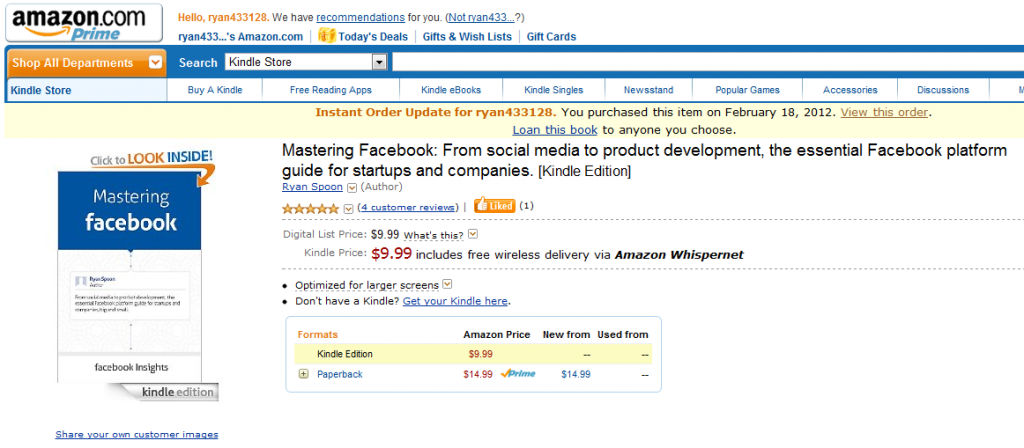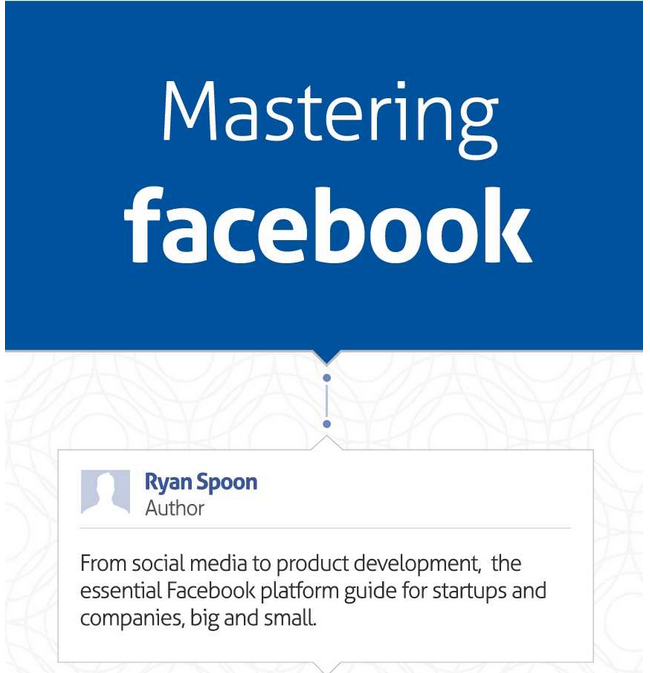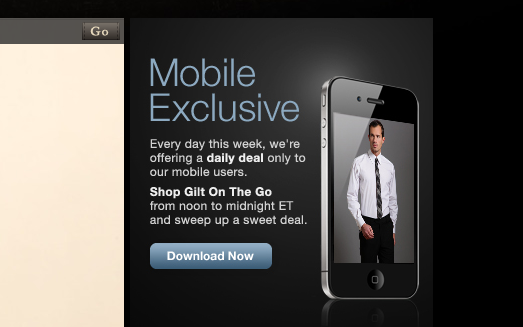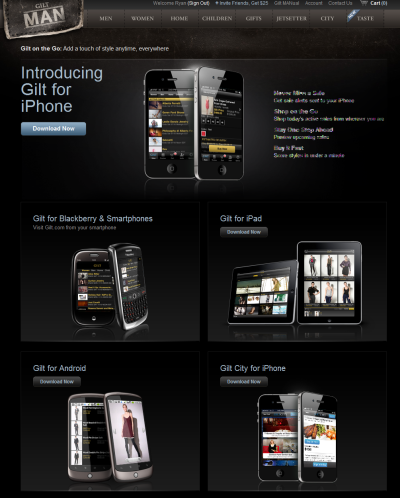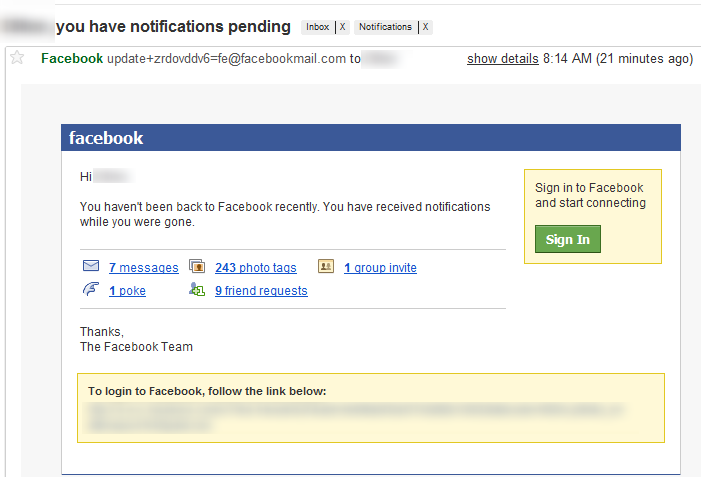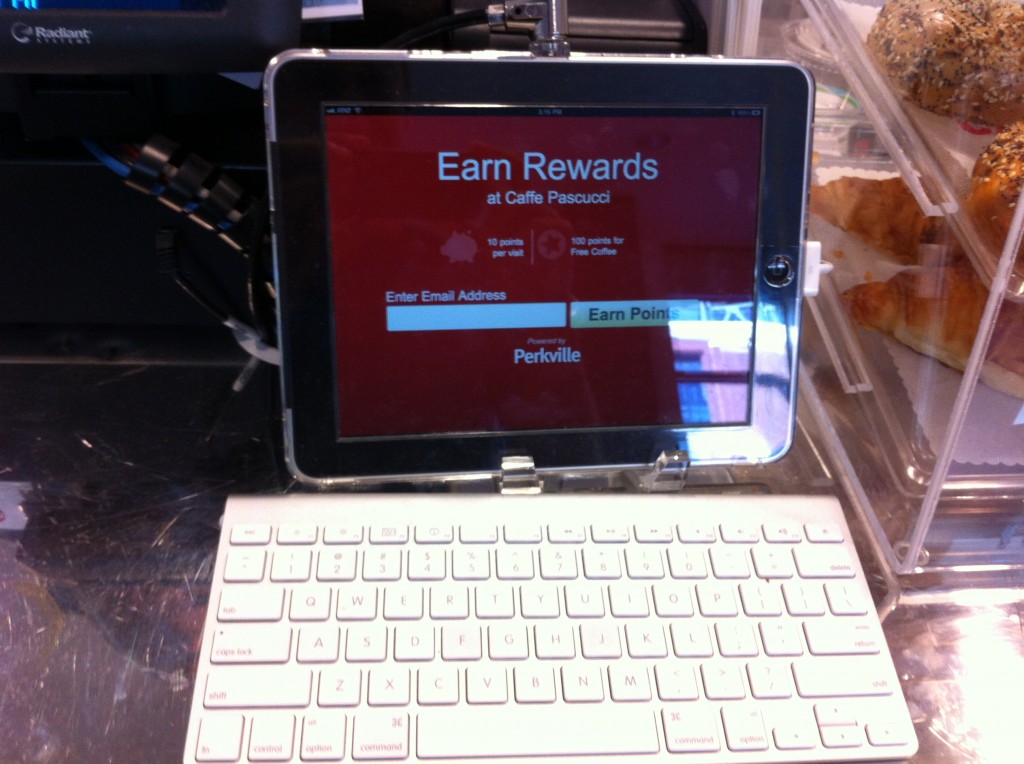Sports fans today got a Black Friday present: the 149 day NBA lockout is on the verge on ending.
And the result is a good thing for fans: the season will be 66 games (a better result than the normal 82!), result in greater league parity (ala the NFL), lead to a healthier league (good for everyone), and create a whirlwind December free agency period (the surprisingly great outcome of the NFL lockout).
The lockout was painful, mismanaged on both sides and generally could have been avoided... or at least handled far differently and far earlier. But the 2011-2012 season is saved and hopefully goodness comes from the ugly.
One of the most interesting and overlooked aspects was the role Twitter played in a world where:
- players couldn't communicate with the league
- players themselves were not entirely knowledgeable of the latest events / outcomes
- both sides were feeling significant pressure from the public (pressure is a soft word here for disgust for most and hate for some)
- both sides were starved for communication outlets
So everyone took the Twitter: the league, the owners and the players. Some were trying to position themselves, some trying to save face and others trying to voice their opinion in a public manner (since it wasn't being heard privately). Fascinating.
So why Twitter was so important here? First, the NBA and its players could feel the public's disgust... far more publicly. In prior strikes / lockouts, the fans didn't have as much power as they do today. And in prior situations, nobody had the outlets they do today: players and owners were able to immediately express frustration, anger, etc... and to huge audiences. The result was a very public negotiation that made many of those involved come across as confused, desperate, disjointed and/or displeased.
Nevertheless, it provided a platform for all constituents to amplify their voice... and to listen. And while that was debatably an effective / ineffective exercise - it was terrifically powerful for the fans.
Here are some examples:
Miami Heat owner Micky Arison (@mickyarison) took to Twitter to express his thankfulness to his fans. This was retweeted by the NBA (@nba). Takeaway: comes across as desperate.

NBA player Luis Scola (@lscola4) took to Twitter at a time when there was debate within the players union as to whether they should pass the league's proposal. There players were beginning to fracture and many had expressed confusion over the proposal's specifics. In one of these tweets, Luis asks the NBA a question directly and publicly. Takeaway: shows player disjointedness and general player confusion with process / outcome... which shows weakness.


Here's an example of Chris Sheridan (former ESPN NBA writer) and Luis. Chris posted a critical piece about the lockout and Luis retweeted it. Takeaway: fascinating as it shows the players are reading the commentary and clearly trying to share certain opinions.

This is my favorite one. The NBA took to Twitter to do a fan Q&A session about the lockout. It was in an effort to engage fans, show appreciation and help communicate... but it was a terrible idea (and I'm shocked anyone in PR allowed this to happen). It lead to fans spewing negativity, players tweeting questions, and the league being forced to answer uncomofortable questions. Takeaway: trying to do something positive but no an intelligent move.

